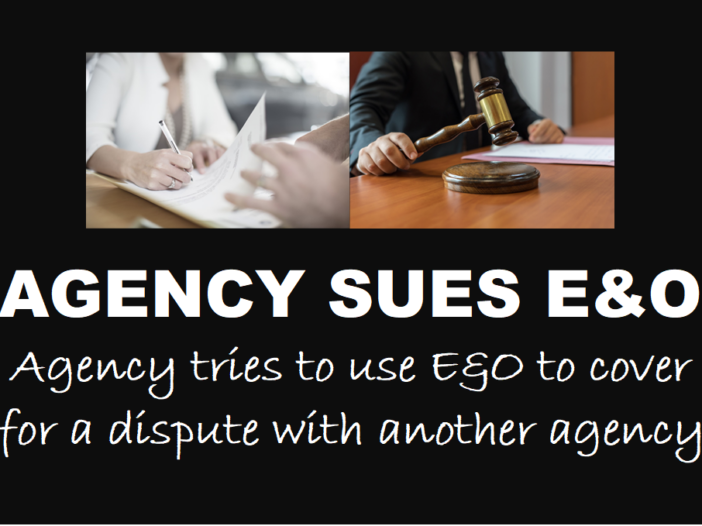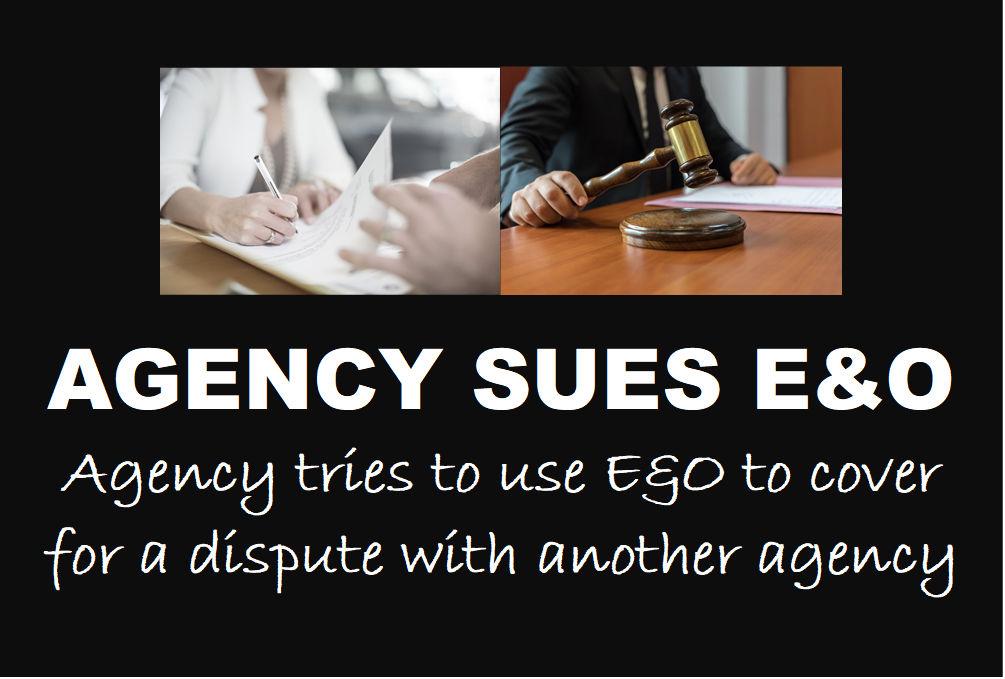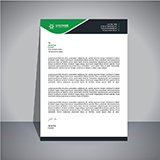
An insurance agent’s errors and omissions (E&O) liability policy is supposed to protect the agent against claims of professional mistakes. A California agent tried to broaden the meaning of “professional mistakes.”
The agent had held a management position with a very large insurance agency before leaving to open her own firm with a partner. The new agency and her old one then signed a co-brokerage agreement. Under that contract, she agreed to service some of her old agency’s accounts and share in profits. The new agency promised not to interfere with the old one’s customer relationships, solicit its employees, or use the agency’s confidential information other than to provide the agreed upon services.

It didn’t take long for the old agency to conclude that she was breaking the agreement. She was found to be engaging some of their employees, soliciting others, and competing with them for their accounts. When confronted, she refused to reimburse the agency for its lost revenues.
Her old agency sued her on a number of counts including breach of contract, fraud, intentional interference with contractual relations, and others.
When she started the new agency, she and her partner purchased an E&O liability policy. The insurer providing the coverage promised to cover the agency against a claim of a “wrongful act.” The policy defined that term as “actual or alleged act, error or omission committed or attempted solely in the performance of or failure to perform Professional Services …” The term “Professional Services” was defined to mean “services as insurance agent, (or) insurance broker …”
Among the types of wrongful acts described in the policy was “personal and advertising injury,” which included among other things, “unfair competition,” “deceptive trade practices,” and “misappropriation or misdirection of messages or media of third parties by the Insured …”
Upon receiving notice of the lawsuit from her former agency, the agent submitted a claim to the E&O carrier and requested a defense. The carrier, however, denied coverage saying that none of the allegations triggered the insuring agreement and exclusions would prevent coverage in any case.
The new agency paid for its own defense against the lawsuit and filed its own lawsuit against the E&O carrier. They sought damages for breach of contract and acting in bad faith and asked the court to declare that the carrier had a duty to defend it against the first lawsuit, and thus owed reimbursement for the agency’s out of pocket defense costs.
The judge ruled for the E&O carrier. He found that two of the coverage exclusions applied to the loss. One excluded claims for professional services involving another entity for which the insured worked. The other excluded coverage for alleged misappropriation of trade secrets. He ruled that she did improperly take the agency’s confidential information and did so while she was working there. Consequently, because “all claims flow from (her) employment with (the first agency) and involve the misappropriation of trade secrets,” the exclusions applied and the carrier had no obligation to defend her.
An E&O policy is supposed to protect an insurance agent from the consequences of a professional mistake, such as giving the wrong advice about coverages or limits. It is not supposed to protect an agent from the consequences of breaking a contract. However, this agent tried to turn the policy into one that covered her shady business activities. The E&O carrier was fully justified in denying coverage. There is no insurance against deliberately breaking a contractual promise. As this agent found, people who play loose with promises made in a contract end up paying the bill with no insurance behind them.















